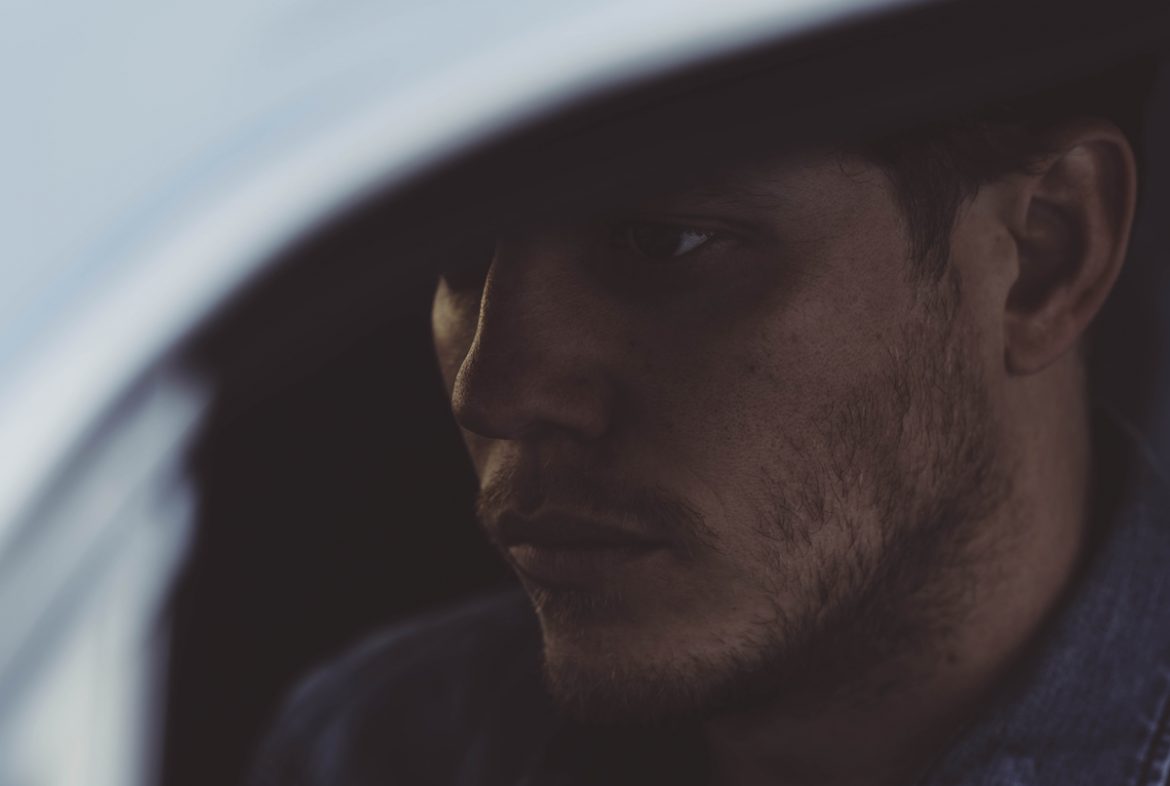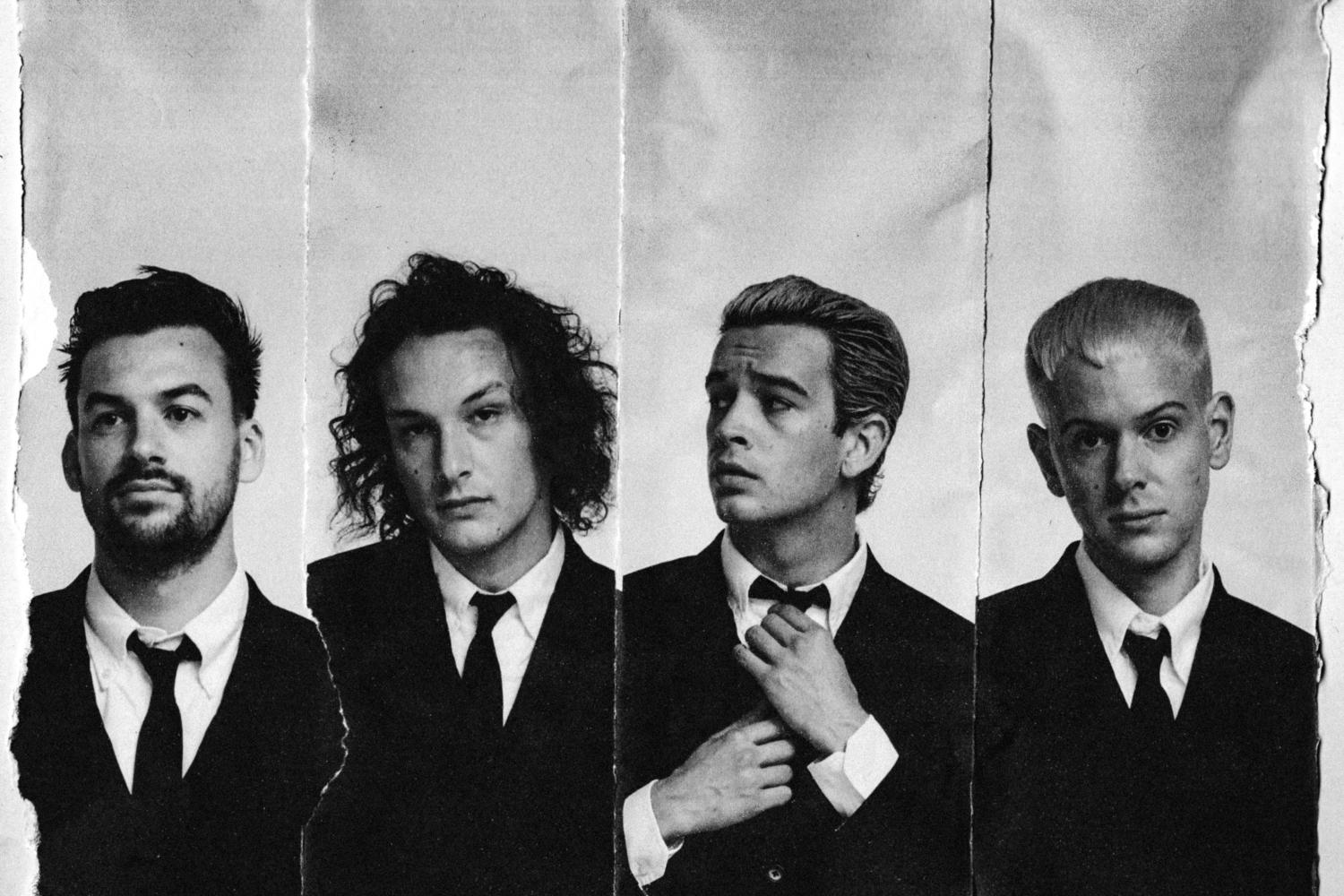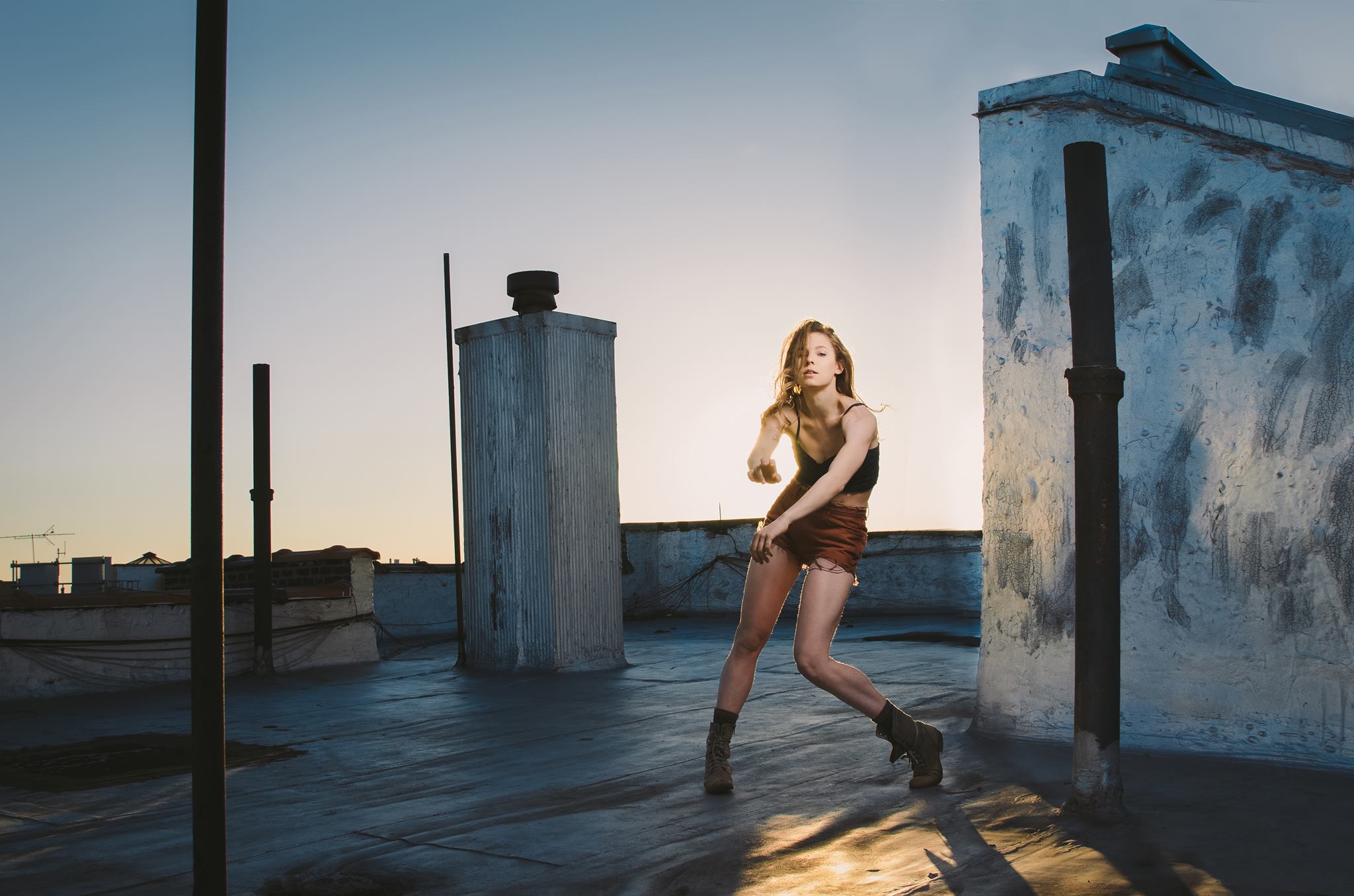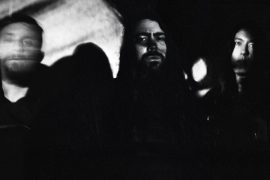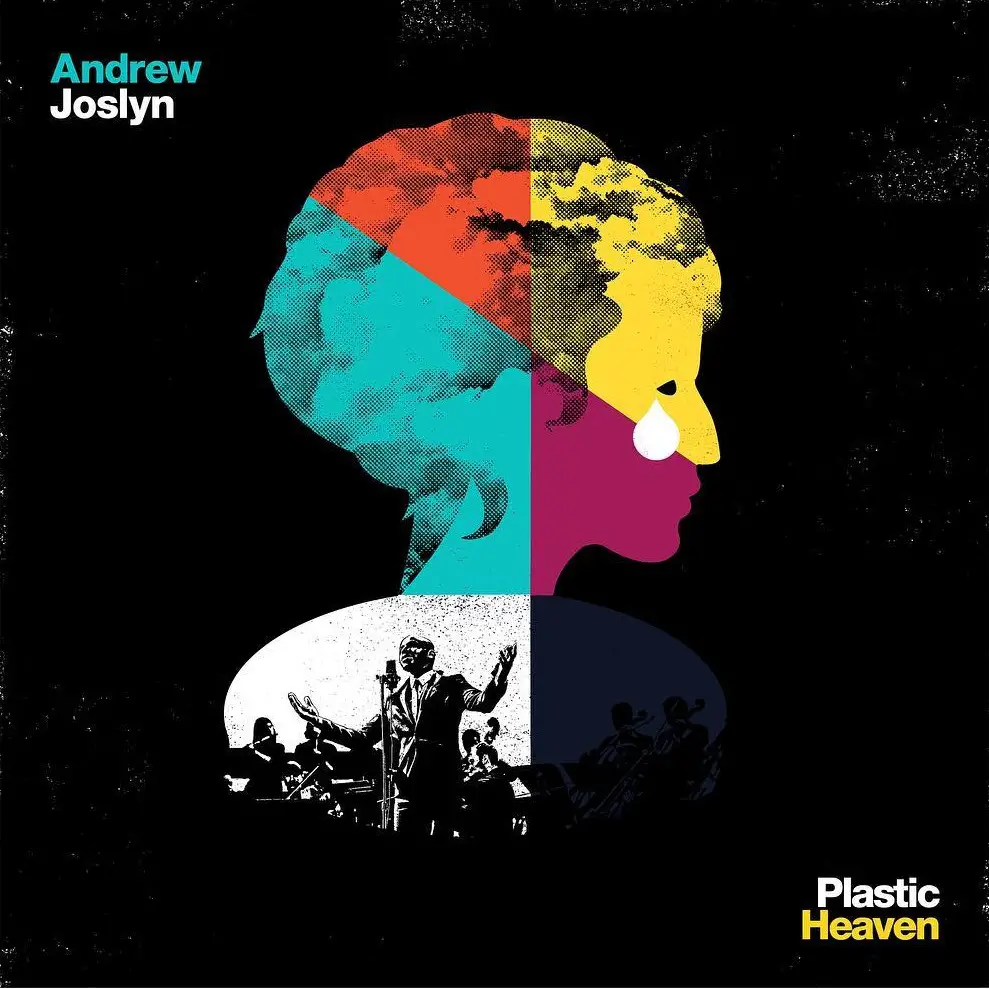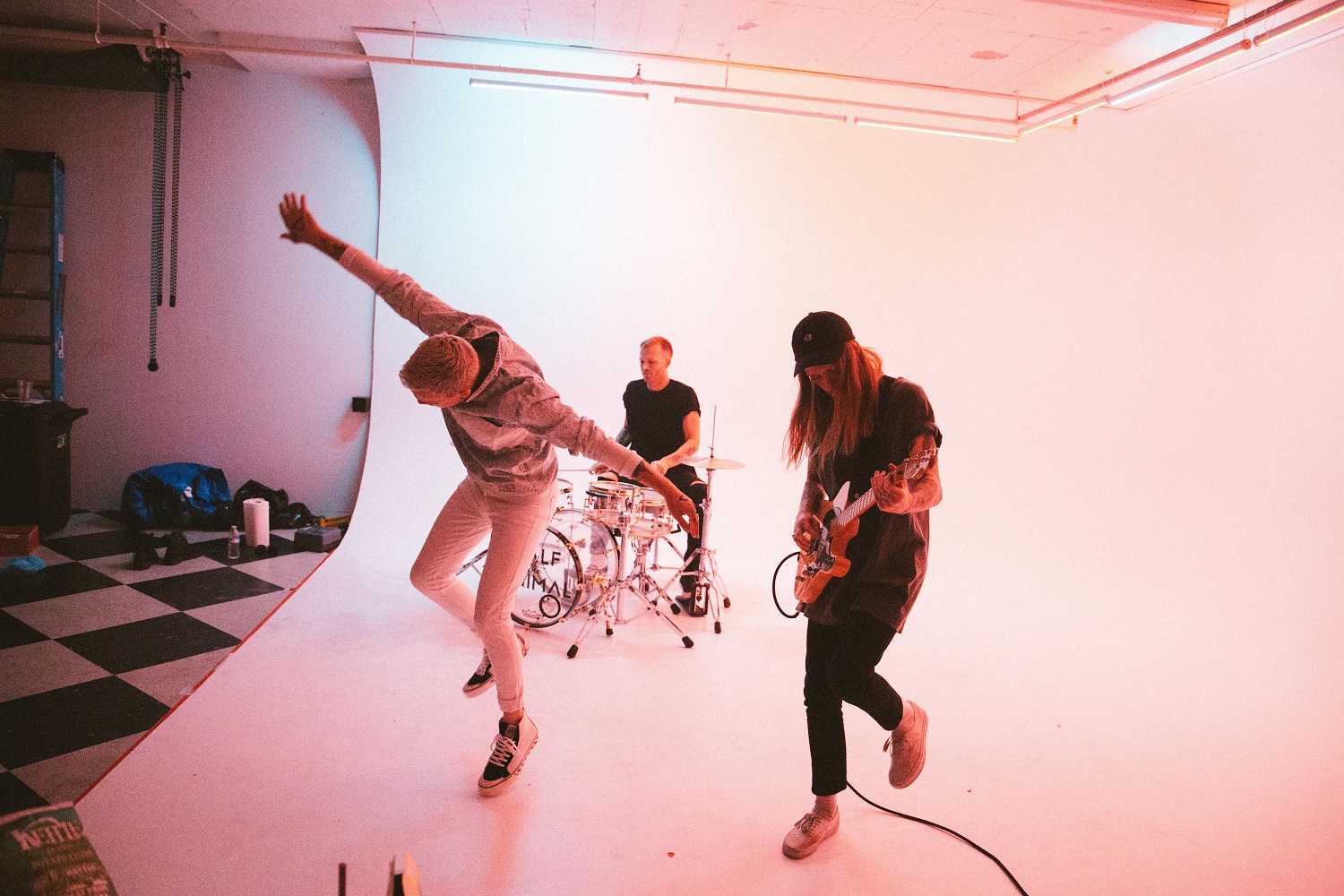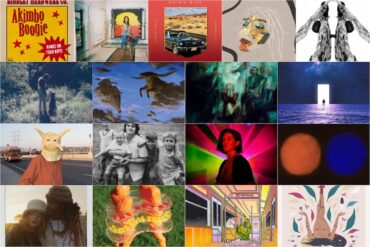Anderson East talks to Atwood Magazine about his intimate and introspective third album, ‘Maybe We Never Die’.
Stream: “Hood of My Car” – Anderson East
The meaning of life is constantly evolving, with each new generation coming up with their own answers to that big yet unsophisticated question, ‘What’s the point?’ This question is something I have heard over and over from my peers to strangers writing post-pandemic essays on the internet. Now that we have all seen how quickly the things that give our lives meaning can disappear or be removed from our reach, what is the point?
“Maybe we never die, heaven has no goodbyes,” sings Anderson East on the opening song from his upcoming album, Maybe We Never Die (August 20th). It feels like a wish, as much as it is a question. The last 12+ months have been relentless and unforgiving. East’s new album might be the best musical representation of those months for which most of us have spent in isolation and everything we thought was guaranteed slowly disintegrated.
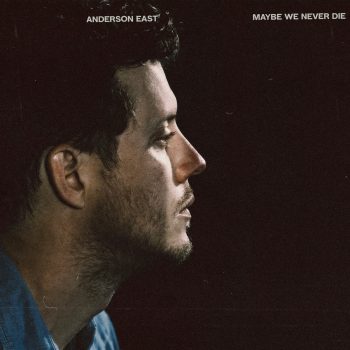
I first encountered East after his album Delilah was released in 2015. I then had the good fortune of seeing East perform solo at The Waiting Room in Stoke Newington, London. It was just East and his guitar in a small corner of a basement, and it was magical in that way where you get to see someone so talented right at the beginning of their career.
East is an Alabama born, Nashville based singer-songwriter known for his soulful voice and his ability to lovingly craft a moment or many into three minutes and make you feel like it’s a whole world. He regularly works with producer Dave Cobb and has collaborated with the likes of Holly Williams, Lori McKenna and Jill Andrews.
The songs on Maybe We Never Die appears on the surface to take place in the realm of love and heartbreak as most albums often do, but what is distinct is the transitory lyrics and the fragility of each song’s story. The soundscape is limitless yet feels intimate, the lyrics poignant and raw, and the underlying current is that everything is not guaranteed to be there tomorrow.
When I spoke to East from his home in Nashville in April, I found that my instincts weren’t entirely off when listening to the record and feeling like the characters in the songs did not have time of their side. East’s grandmother is in the grips of Alzheimer’s, which left him questioning why we exist at all. “What’s the point of anything, if you go through this whole life of trying to better yourself or be the best version of yourself, and when you reach the end of your life your mental hard drive corrupts on you. What’s the point?”
This question, which I think we are all wrestling with on some level or another, equally became a way out for East.
“It was kind of this epiphany of, ‘well, that’s just not true’. No matter if it’s your actions on a day-to-day basis or if your spirit does live on in some kind of realm beyond this physical one.”
Maybe We Never Die is the musical encapsulation of that questioning and searching.

You could be fooled for believing that Maybe We Never Die was written and recorded in response to the pandemic, but when I broach this with East, I am surprised to learn that only a handful of songs were written during the height of the pandemic, and that itself was a result of not being able to send the then finished record to be mixed, rather than feeling a need to create and respond to what was going around him.
Art tends to have this weird sixth sense of predicting what is coming long before it becomes a reality. East admits that at the start of 2020 he was sensing a change in the tides, which was materialising in both the music he was making and in his personal life. I ask East if he sees a before and after with the album, and if the songs he had recorded prior to the pandemic have now taken on a new meaning.
“I feel like the subject matter in the stuff that was pre-pandemic relates far more to that time period and then the stuff that was written while it was going on, has nothing to do with it. It was like, ‘how do you get away from everything?’ It was all this foreshadowing, you know. I had this working title for the whole record before the pandemic happened, whether it would have stuck or not, but I was thinking “Love Songs for the End of the World,” and then…,” he sits back, not needing to finish the sentence.
Not that the current title, Maybe We Never Die is any less heavy. The title track was one of those written and recorded pre-pandemic, and had it been released before March 2020, you would have been forgiven for thinking that East had access to information that the rest of us were ignorant to.
Even the recording of the album has an ephemeral quality to it. East, Dave Cobb and Philip Townes were working out of the Z Room at Sound Emporium and they had one more day to go before the record was ready to go off to be mixed. One more day. Then the tornados hit Nashville. Then a week or so later, lockdown happened. “We just needed one more day”, says East shaking his head. Lockdown didn’t stop the creative process. East continued writing with songwriter Trent Dabbs and found himself with four or five more songs that ended up pushing out some of the songs that had been originally earmarked for the record.
I have listened to the album a lot – as one does when writing about an album – and by this point, you usually become used to the songs and the musical arrangement, and you can anticipate what comes next; but with this record, there are still lyrics that take me by surprise or hold a deeper meaning, and sounds beneath sounds I had missed on first listen.
Maybe We Never Die is a very intimate record with its moody, dark tones that seem to envelope you, but it also feels very vast with its’ sophisticated and rich soundscape, carefully constructed by East, Cobb and Townes. “There is a fine line between being minimal and still having this bigness to the music, and then just having too much going on and there’s no focus. How does everything lead itself to where you’re not getting confused, like your centre of attention is in the right place? I was very conscious of, let’s lead people in the right way, but still have this musically sophisticated landscape.” East explains.
‘Drugs’, the second single, is another song that could have easily become overcomplicated or too big for the room with its Marvin Gaye high-pitched vocals and its Stevie Wonder/Michael Jackson disco vibe, but it doesn’t. It feels more like a house party. You can imagine people pressed up against each other (remember when that was legal?) in a crowded living room. It’s frenetic and chaotic but in a relaxed and familial way.
East wrote the song in California with Nick Ruth, Aaron Raitiere and Trent Dabbs, and according to East, was quite a difficult to really hone in on because it was so different to the others on the album. “We had this music thing that was almost like a disco track, and I was like, ‘how do we make these things fit together?’ The chorus felt really good, and then how do get this subject wise to not be this glorification of anything. If anything, it’s quite the opposite, so it was a real struggle to make it all work. This bright sounding musical thing, but then lyrically this really critical or a consciously aware song.”
The lyrics themselves trip over one another, with East telling me that the bridge of “Drugs” is one of his favourite lyrics on the record due to its nonsensicalness. “Is anyone here, seeing anything clear, or is everyone just one of everyone just one of us”. Listening to the lyrics, all I can hear is the confusion of the past 12 months, which East doesn’t shy away from. “All this crazy shit is going on around us, the world is just spiraling out of control on so many levels and you’re holding onto yourself and again, with that ‘Maybe We Never Die’ theme on all of it, how is what you’re doing, living beyond the present moment?”
Maybe We Never Die tells a story from the opening song right the way through to the last song, “Interstellar Outer Space.” Not to give a way too much, but the opening track, which happens to be East’s favourite, has this beautiful progression from where it begins to where it ends. The song opens with haunting Appalachian strings and then goes into unexpected territory with a limitless soundscape. East shares that the opening of the song was pure happenstance of the strings in the studio being tuned. This happenstance then informed the sound of the chorus with the musician Jamie Liddell playing with drawbars on the organ. East also confesses that that song was initially going to be the last track on the album. “I was going off the premise that it was going to be the last song, and then when I sat down to put it all in order, I was like, ‘I feel like the song says what you’re about to get into for the rest of the 12 songs’.”
Sequencing is a skill in itself and East has made a name for himself sequencing his peer’s records, including Chris Stapleton’s Traveller and Lori McKenna’s The Bird & the Rifle. “It’s an amazing thing that people will invest 45 minutes to an hour with something and it’s your responsibility to kind of carry them through the whole thing, and if they get through the whole thing, it’s like ‘wow, that’s amazing’ that they would have that willingness and then hopefully, they want to listen to it again.”
— —
:: stream/purchase Maybe We Never Die here ::
— — — —
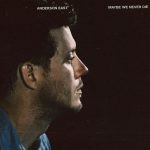
Connect to Anderson East on
Facebook, Twitter, Instagram
Discover new music on Atwood Magazine
? © 2021
:: Stream Anderson East ::

